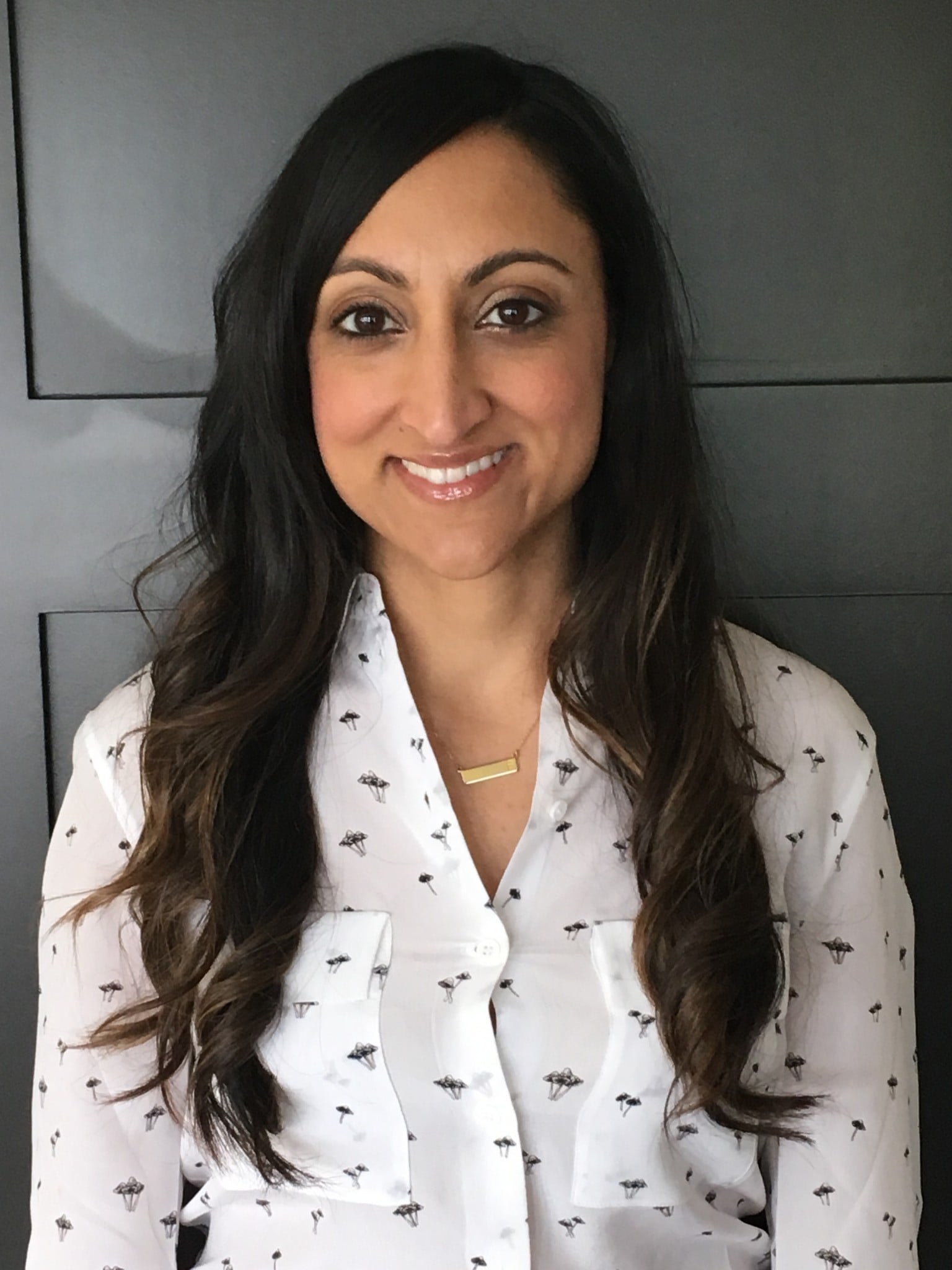 This week’s How I Educate post features Dr. Fareen Zaver, the Deputy Head of Education in the Department of Emergency Medicine at the University of Calgary. Dr. Zaver spends approximately 30% of her shifts with learners at two tertiary care hospitals which include emergency medicine residents, off-service residents, and medical students. Below she shares with us her approach to teaching learners on shift.
This week’s How I Educate post features Dr. Fareen Zaver, the Deputy Head of Education in the Department of Emergency Medicine at the University of Calgary. Dr. Zaver spends approximately 30% of her shifts with learners at two tertiary care hospitals which include emergency medicine residents, off-service residents, and medical students. Below she shares with us her approach to teaching learners on shift.What is one thing (if nothing else) that you hope to instill in those you teach?
Take the time to give proper and SIMPLE discharge instructions for every patient you see. No medical jargon, clear follow-up instructions, and specific return instructions.
It can be difficult to sit back and let senior learners struggle what is your approach to not taking over prematurely?
I truly give them the time and space to struggle on their own. Though they know I am here to support them, I will not give them the answers or deal with the difficult dispositions or difficult interactions, or bed block issues myself. I will always defer to their decisions and only if there is a risk to patient safety will I correct them in real-time. I will typically wait until they have managed the senior-level issues on their own to discuss my own approach or lessons learned from the decisions they have made.
Do you start a teaching shift with certain objectives or develop them as a shift unfolds?
Both – I always email learners before a shift to determine what their goals for a shift with me are so that I can be prepared (often I have to brush up on a specific topic they want to go over, create an oral board case for them, etc). I always discuss these objectives at the beginning of the shift so we are on the same page. I also check in halfway through the shift to see if we are meeting the objectives, if perhaps based on the types of patients we are seeing or the acuity or bed block of a shift if a certain objective is going to be unobtainable on the shift how to pivot or adjust a goal to something that will be more useful during that shift.
How do you boost morale amongst learners on shift?
With even the struggling learner there is ALWAYS something they do well. I start with those items first and really allow them to feel confident in that particular thing before moving on to any other feedback or teaching.
How do you provide learners feedback?
I provide learners feedback during a shift as well as at the end. The mid-shift feedback is to give them specific, actionable pointers after I have watched them either interact directly with a patient or nursing staff that they can implement immediately with the patients they look after for the rest of the shift. I also give them verbal feedback at the end of the shift. We are also required to give written feedback which I typically fill out either right after the shift or within a day or two as it is easy to forget exactly the feedback you wanted to share with them if I wait any longer than that for feedback.
What tips would you give a resident or student to excel on their shift?
The most important skill set is clear communication with patients as well as with nursing staff. Understanding why a patient has come to the emergency department, and what their fears are instead of judging them for what may seem like a primary care complaint. This often unearths the real reason they came and addressing it likely saves multiple investigations. A patient who doesn’t feel heard by their doctor leads to repeat visits for the same thing. This is the same for nursing staff, taking the time to answer nurses’ questions regarding choices in a workup, what the plan is for a patient, and closing the loop around the disposition of a patient allows for excellent teamwork. It also means they will always have your back!

Read other How I Educate posts for more tips on how to approach on-shift teaching.
Author information
The post How I Educate Series: Fareen Zaver, MD appeared first on ALiEM.

